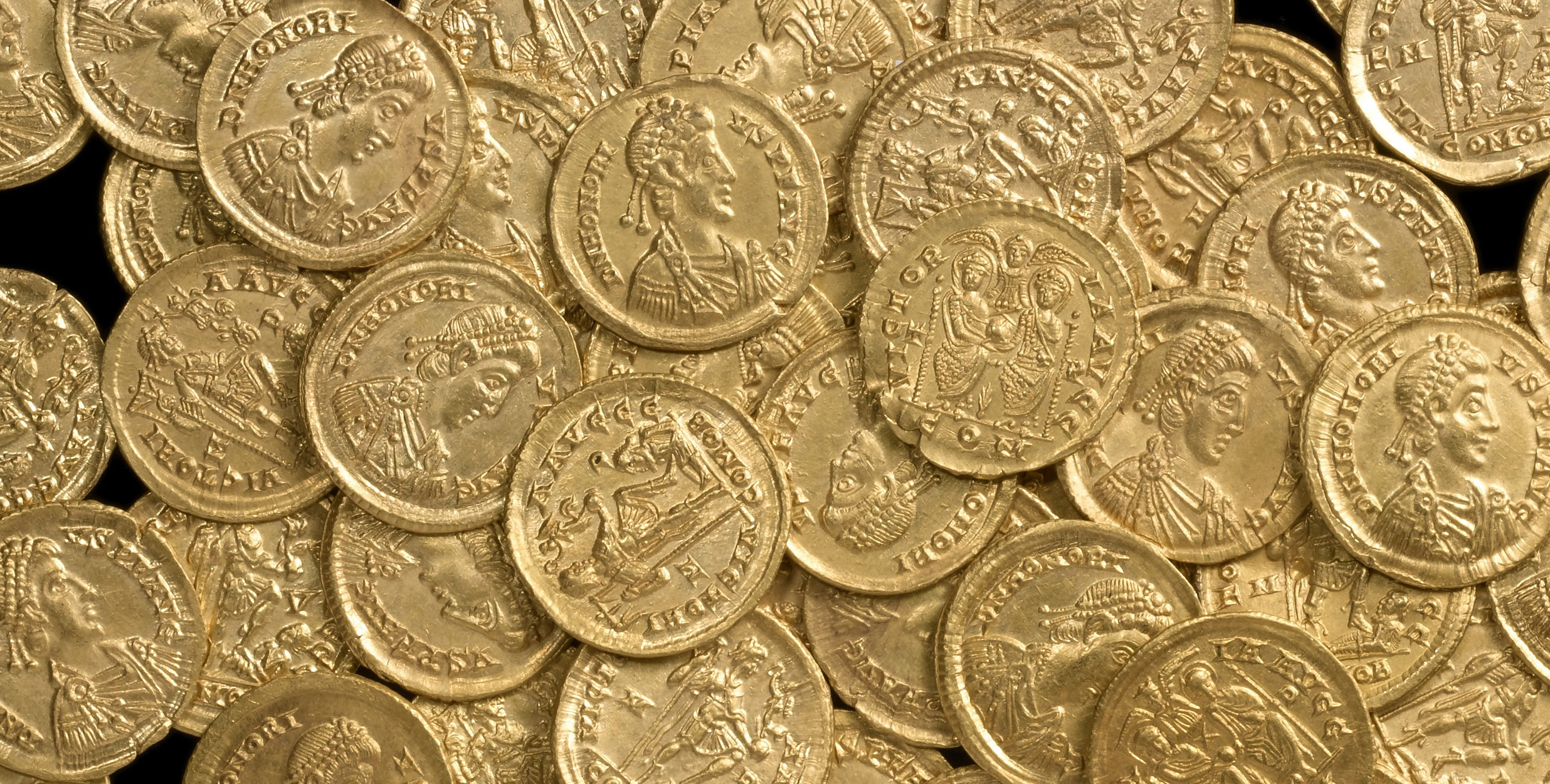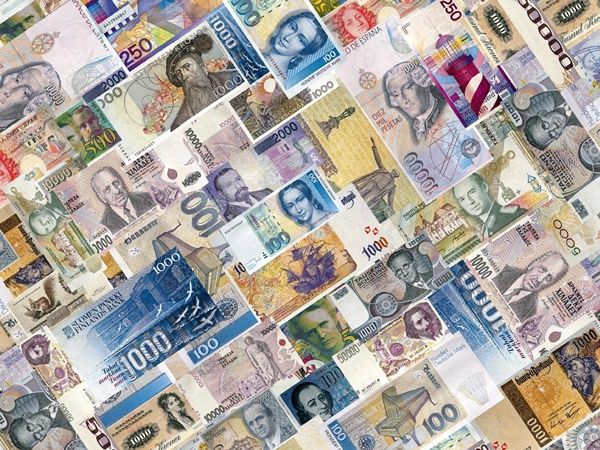
Spring Awakening or What Makes Gery Dance?
December 1, 2015
Brave and Beautiful
December 6, 2015Investment options in uncertain times
By Kevin Regan
The financial-services industry is today populated by highly experienced, sensible-sounding well-meaning professionals.
Today’s financial advisers are well trained, on the whole better regulated than ever before, and they typically perform an outstanding job dispensing sound advice to their clients.
In the UK, post the RDR – a review process which concluded and ordered that financial advisers now only receive compensation from their clients based on the independent advice they dispense, rather than receiving commissions from funds that they promote – their advice is typically helpful.
They co-exist with financial journalists and independent wealth managers, who write every day in the business sections of the broadsheets or specialist financial magazines, or for the online stockbrokers and TV channels and websites, or in daily email posts from your private bank, where they take their responsibilities seriously to deliver sound advice, and almost always will provide it.
Except with the best will in the world, come the next major global equity and/or bond market correction, where we may see 20-40% wiped off our savings including pension pots potentially in a matter of weeks, it will come as a complete shock to markets and investors everywhere.
The timing for the next major correction is utterly impossible to predict, and no sensible financial professional will try (through a surprising number still do). It may even be that this event happens years from now. The consensus runs that investors and savers cannot and should not remain out of the market for such extended periods of time.
However, what is your own reaction to the following two scenario options, should you quietly ask yourself what is most important to you?
- To be fully invested in the hope of a further few added percent of future returns, or
- to avoid a capital depletion of total financial assets of 30%, possibly a lot higher.
At this juncture of a mature bull market that began in equities at the beginning of 2009, nearly 7 years ago, and a bull market in bonds that essentially is today 35 years old, would you rather be fully invested (which I define as 95% or more of the portfolio in risk assets and only 5% or less in cash) or would you instinctively feel more comfortable to take some risk off the table in order to mitigate the effect of a significant drop in your portfolio’s net worth?
My straightforward belief is that here in December 2015 a higher level of cash is king.
Cash is an asset class that sits alongside equities, bonds, FX, gold, art, property, classic cars or soft and hard commodities. I am very concerned that investors are today not running a large enough cash position in their diversified portfolios.
Let us attempt to define ‘large enough’.
Well, I am currently running a 25% cash to actively-managed asset ratio. However if you include all illiquid or third party managed assets which may typically include one’s property plus pension pots, the ratio of cash to total assets would be lower, even with a pot of 25% cash.
This isn’t as big an opportunity risk as it sounds. We need to be mindful that the industry clearly discourages holding cash.
Fund managers will have less assets to manage and earn fewer fees when investors hold cash.
Banks really do not want their clients to hold cash. When close to a state of negative interest rates, no bank wants to carry the stigma of charging their clients negative rates so they typically will pay you zero even through in certain currencies they may need to re-lend into the interbank market and suffer being charged a negative interest rate return.
As cigarette manufacturers want you to smoke and drinks companies want you to drink, the financial services industry really would prefer it if you did not hold an excess of cash.
And yet, the global bond markets return you nothing to negative on a real return basis, largely thanks to QE. As for volatility and poor liquidity, it literally has never been so bad for bonds since the 1800s. Future implied returns for both government and corporate bonds have not been so low for 100 years.
In global equity markets, although there are pockets of real value remaining, they are trading on historic high P/E multiples. Leading indices yields are close to record lows. Commodity markets have been victims of a savage bear market these past four years, and although we may be close to the end of it, they haven’t turned yet.
What would be the advantages of holding 25% cash today?
- if there is a true market crash, then cash allows you do re-enter risk markets and buy assets far cheaper than today.
- the world remains leveraged. Investments held with borrowed money from time to time see the holders of those assets become forced sellers. When poor liquidity hits, which it will, then assets are dumped where extreme bottom fishers of value will get rewarded.
- today there is only a 2.5% gap between cash earning zero and a blended equity and bond portfolio’s implied future annual returns. Where is the margin of safety there that would justify anyone being 100% invested?
So am I currently bearish? Not really. With rates continuing to be on the floor despite the imminent rate hike by the U.S. Fed, the 75% I have invested across all asset classes reflects a cautious comfort to remain in the game, although I am heavily biased into risk assets away from bonds.
And that’s the point. One day being even 75% invested will be wrong and my risk assets will experience a nasty and likely rapid downturn.
Once markets begin to slide, and given any new information at hand that triggered the move, like everyone else, I will have to decide whether to maintain my exposure or to liquidate further.
However, mindful that I already have 25% of my total controllable assets in cash, I will be ahead of the game. And markets turn quick. Do not think for one minute that anyone other than a lucky person will get out just ahead of a market rout. You won’t.
And when markets begin their fall the first move is usually vicious. Not 2% or 3% but possibly 8%, 12% or even 20%. It’s already happened in our lifetime more than once. Then there is a bounce, before it all slides again into official bear market territory.
Cash kings become masters of their own destiny. You have given yourself options.
It is easier to cut into risk assets and take some losses or reduced historic profits if you are already 25% ahead of the game. Later in a bear correction, you can better evaluate if markets have fallen too far and you can go bottom-fishing for value. All these options are either very difficult or impossible if you are 100% invested at the time of a market turn.
Holding cash is one of the hardest things to do because when markets continue creep up – a bull market characteristic – we always worry about the extra return we could have had with the money sitting as cash, but the moment there is even a moderate correction, we’re all far more relaxed than the fully-invested bulls.
And what currency should your cash be in? Here we must run an exercise in assessing currency risk.
Let’s assume that you are a UK domiciled and resident reader of this column. Let’s assume you travel abroad three to four weeks a year for various holidays, or in tacking shopping expeditions onto the end of business trips.
Where do you go? Europe? U.S.? Asia? Japan? Or to slightly more exotic places? South America? Australia? Africa?
Over the next 10 years, that mounts up to at least 40 weeks of travelling outside the U.K where you will be spending all manner of foreign currencies other than sterling.
Now, given that the bulk of your assets will be sterling based; property, car(s), pension, salary, cash in UK bank accounts etc. what if sterling was to crash? We mean really crash?
Suddenly you will look hopelessly concentrated with assets essentially all in one currency but you remain in an exciting world, one which you like travelling around.
The PV (present value) of your future trips abroad in sterling terms could be as much as 25% or more of your current net worth. What to do? Well, holidaying in the British Lake District every year could be an option, or you can just take the added cost of overseas travel on the chin.
Professional investors frequently execute FX overlays to their portfolios protecting themselves from falls in sterling, however these can be expensive, volatile and dangerous to trade.
However if today you did decide to increase your cash pile to 25%, you could diversify some of your cash assets away from sterling, holding a percentage in currencies that you know you will use over the next few years; US Dollars, Euros, Australian $, Japanese yen and all others. Some of them even pay interest on their currency’s cash deposits.
One of the consequences of a global bear market in commodities these past few years is that many major currencies around the world are today suddenly cheap to sterling. Great examples of this include Australia, New Zealand, Brazil, Thailand and South Africa. This is of great help in deciding if now is the right time to make this move.
In Europe, the Euro is cheap for other reasons of which you will be very familiar. But Europe has a trade surplus and the U.K. runs a trade deficit. Assuming the Euro holds itself together (admittedly no longer a foregone conclusion) it can be argued that the currency is cheap.
Whatever you decide to do, everyone should carefully think through some of these issues and relate them to your own financial position.
Living with less stress at least in your financial affairs can be a life win-win.







